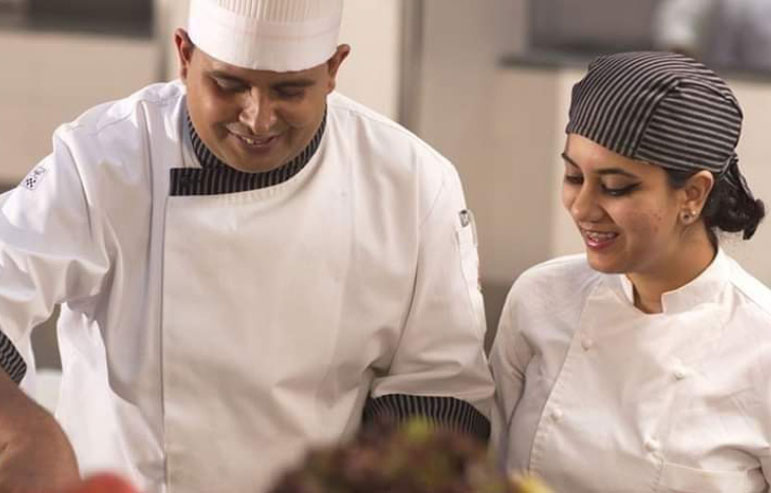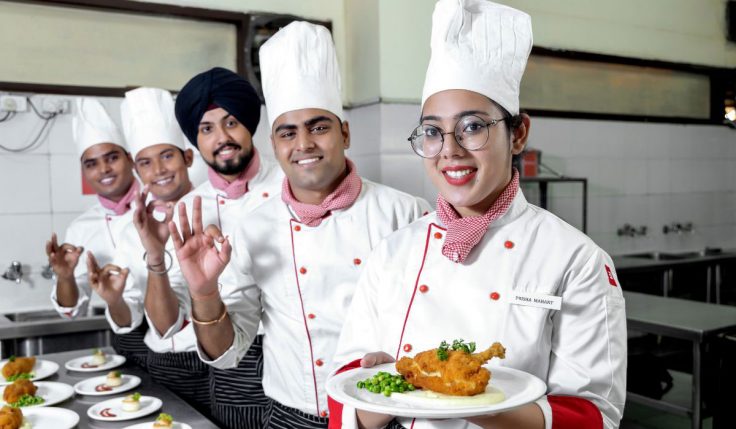Who doesn’t love the smell of freshly baked bread, croissants, muffins, and cakes wafting through the air every day? I know I do! Around the world, millions of people love tasty baked treats such as cookies, muffins, pies, pastries, and cakes as the perfect end to their meals. Baking is a huge industry worldwide–and is estimated to breach the $12.36 billion mark by 2026.
Many of us grew up eating home-baked cakes for our birthdays and other occasions. However, with the advent of commercial baking equipment, commercial bakeries mushroomed everywhere, and the prices of cakes and other confections dropped, making them inexpensive–and making home baking just another chore in our daily lives.
Commercial bakers often make their products sweeter than necessary to appeal to everyone’s sweet tooth. Additionally, more focus is put on the presentation of the product rather than the quality of its ingredients, as customers in India are very price-conscious. This makes commercial bakeries exceedingly successful, but their products are not of high quality, which is in stark contrast to the western world, where bakeries take pride in creating world-class cakes, pastries, and other sweet treats that everyone savours.
Also Read:Conflict Management in Culinary and Hospitality Operations
Additionally, commercially baked bread, cakes, cookies, pies, croissants, and biscuits do not taste half as good as those baked at home because of the additional sprinkling of love and passion that goes into cooking for a family.
Home-cooked food is synonymous with quality and goodness. Every ingredient is carefully picked to be of the greatest quality possible because the meal at home is cooked with love and for the family’s well-being. Home-baked desserts provide just the right amount of quality and sweetness to allow you to treat yourself without feeling guilty about eating a commercial, preservative- and additive-laden product. The same may be said for home-baked cakes, pastries, pies, and other treats and specialities.
People are becoming more health-conscious, and home bakers are gaining popularity around the world. Furthermore, home bakers begin their business as a hobby, guaranteeing that they devote a significant amount of time and effort in crafting these delights that individuals and families enjoy.
Home baking got a much-needed boost during the pandemic. As most of us were stuck at home, we found ourselves with extra spare time that we could spend on things we loved. Others stuck at home without the prospect of going out of the house started to bake sweet confections that they missed by watching videos online or joining online bakery courses.
The popularity of home baking has been such that a survey by Hershey Co. found that 34% of home bakers had acquired new baking skills and were highly interested in using baking as a commercial activity or as their primary source of income. This also led to a rise in sign-ups for bakery and pastry art management courses online.
Home bakers also thrive in highly specialized markets, such as those where they need to bake for specific customer needs, such as guilt-free, gluten-free, vegan, multigrain, and diabetic-friendly variants of desserts. Home bakers are highly sought after for their commitment to quality and ability to bake drool-worthy treats. Although most home bakers can get away with guidance, creating delicate confections and high-quality baked items requires patience, expert advice, and skill. With enough practise and guidance, home bakers can take their passion for baking to the next level and start baking commercially. Also, a point to consider here is that it is easy and relatively inexpensive to start a home-based business like baking and don’t require much investment but the ticket size or the money that you make from it is substantial.
Also Read:Why Pursue Culinary Arts? The Benefits and How to Study
This is where specialised programs such as a B.Sc in Culinary Art with a Specialization in Bakery and Pastry Art Management from Chitkara University come in. These programs help both home bakers and aspiring pastry chefs learn the fine art of baking to take their skills to the next level. These highly practical-oriented courses help learners acquire the knowledge, skills, and management competence a professional bakery chef needs to succeed in today’s competitive market. Most of these programs offer two years of training and a year of mandatory industry exposure that helps learners acquire skills and apply them in the real world.
Baking is an art form, and just like every other art form, it requires patience, skill, guidance, and assistance from a trained master to showcase your full potential. Culinary Arts is more than just your kitchen skills–they require management abilities for a home baker to equip and run their kitchen like a professional chef to ensure long-term sustainability.






